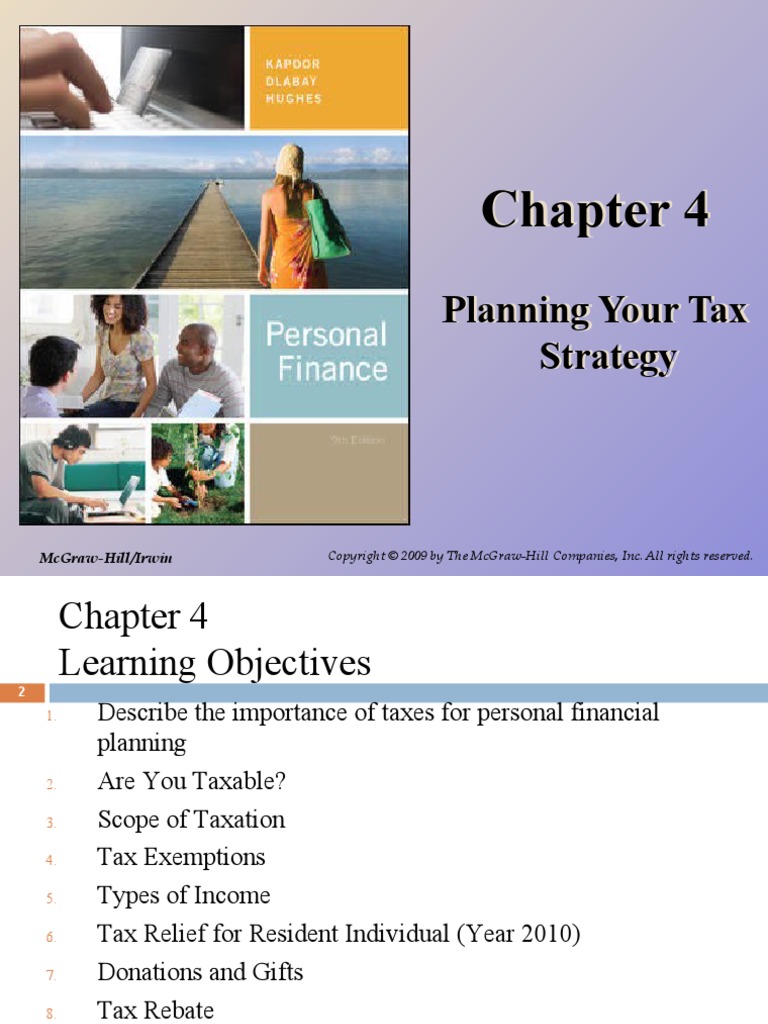Tax planning is an essential aspect of financial management for both individuals and businesses. By carefully considering how various tax laws affect personal financial situations, one can strategically plan their income, investments, and expenses to minimize tax liabilities while staying compliant with the law. In this article, we will delve deep into various tax planning strategies, emphasizing the importance of proactive management of your tax affairs.
Understanding Tax Planning Strategies
Tax planning encompasses numerous strategies that help in making informed decisions concerning timing and nature of income, expenses, and investments. Beyond just filing returns, effective tax planning involves the anticipation of how future tax regulations might influence your financial outcomes. Implementing various tax planning techniques can lead to significant savings.
Types of Tax Planning Strategies
There are several approaches to tax planning strategies, each with its unique advantages. Below we outline some prominent strategies.
Basic Tax Planning Strategies
In its simplest form, basic tax planning strategies include maintaining accurate records, leveraging available exemptions and deductions, and ensuring that you are capitalizing on certain tax credits. Regular review and assessment of your financial situation are vital to adapting to changing tax laws.
Advanced Tax Planning Strategies
For those seeking to maximize savings, advanced tax planning strategies involve complex investment vehicles, charitable contributions, and business structures. For instance, utilizing trusts can provide not only tax benefits but also facilitate estate planning. Similarly, investing in tax-deferred accounts can help to lessen burdens during retirement.
Deferring Income and Timing Deductions
Timing your income and deductions can also play a significant role in your overall tax liability. For example, if you anticipate being in a lower tax bracket next year, deferring income into the following year and front-loading deductions into the current year can yield benefits. Similarly, be aware of taxpayers who may benefit from “bunching” deductions.
Visual Representation of Tax Planning Strategies
This guide serves as a resource for understanding the core principles of personal taxation and optimizing your tax strategy.
Tax Planning Strategies for Individuals
Individuals can tailor tax planning strategies to their unique financial situations. Here are several methods that may be beneficial:
Maximizing Retirement Contributions
Utilizing employer-sponsored retirement plans and Individual Retirement Accounts (IRAs) is one of the easiest tax planning strategies available. Contributions to such accounts often reduce taxable income and may grow tax-deferred until withdrawal. Prioritize making maximum contributions to any available plans.
Utilizing Tax Credits
Tax credits offer direct reductions in the amount of tax owed, making them among the most effective tax planning strategies. Familiarizing oneself with available tax credits such as education credits, first-time homebuyer credits, and energy efficiency credits can lead to substantial tax savings.
Itemizing Deductions vs. Standard Deduction
Deciding whether to itemize deductions or take the standard deduction is crucial in your tax planning. Analyzing expenses like mortgage interest, property taxes, and medical expenses will help determine which route will yield the most significant tax benefits.
Tax Planning Strategies for Businesses
For business owners, tax planning strategies are essential to ensure compliance while mitigating tax liabilities. Here are key considerations for businesses:
Understanding Business Structure
The choice of business structure—sole proprietorship, partnership, corporation, or S corporation—affects tax obligations. Each structure has different implications for taxation and benefits. A careful assessment can result in significant tax savings over time.
Asset Depreciation
Businesses can deduct the costs of significant capital investments. Using depreciation strategies like Section 179, businesses write off the expense of equipment and property, which can substantially reduce taxable income.
Employee Benefits and Compensation
Implementing various employee benefits can have tax advantages for businesses. Contributions for health insurance, retirement plans, and educational assistance can often be deducted from taxable income, incentivizing employee retention and satisfaction.
Implementing Tax Planning Strategies: Best Practices
To fully realize the benefits of tax planning strategies, consider these best practices:
Annual Review and Adjustment
Selecting the right strategies is not a one-time effort. Regularly reviewing and adjusting your approaches in response to changing circumstances—including evolving tax laws—is crucial to effective tax planning.
Consultation with Tax Professionals
Engaging qualified tax professionals allows individuals and businesses to navigate complex tax regulations efficiently. Their expertise can identify opportunities and offer tailored strategic advice that aligns with specific financial goals.
Staying Informed
Tax laws are ever-changing, making it vital to stay informed about new regulations, credits, and deductions that may emerge. Subscribing to tax-related publications and attending workshops can foster a more comprehensive understanding of tax planning strategies.
Conclusion
Effective tax planning strategies can create opportunities for significant tax savings as well as support long-term financial health. By focusing on strategic timing, maximizing contributions, and being aware of credits and deductions, individuals and businesses alike can optimize their tax situation. As tax laws continue to evolve, making informed decisions and seeking professional guidance remains essential for successful tax management.
In summary, proactive and informed tax planning is not merely about meeting legal obligations; it’s about empowering yourself with the knowledge to make the most of financial opportunities. Remember, the earlier you start planning, the greater the possibilities for tax savings.



